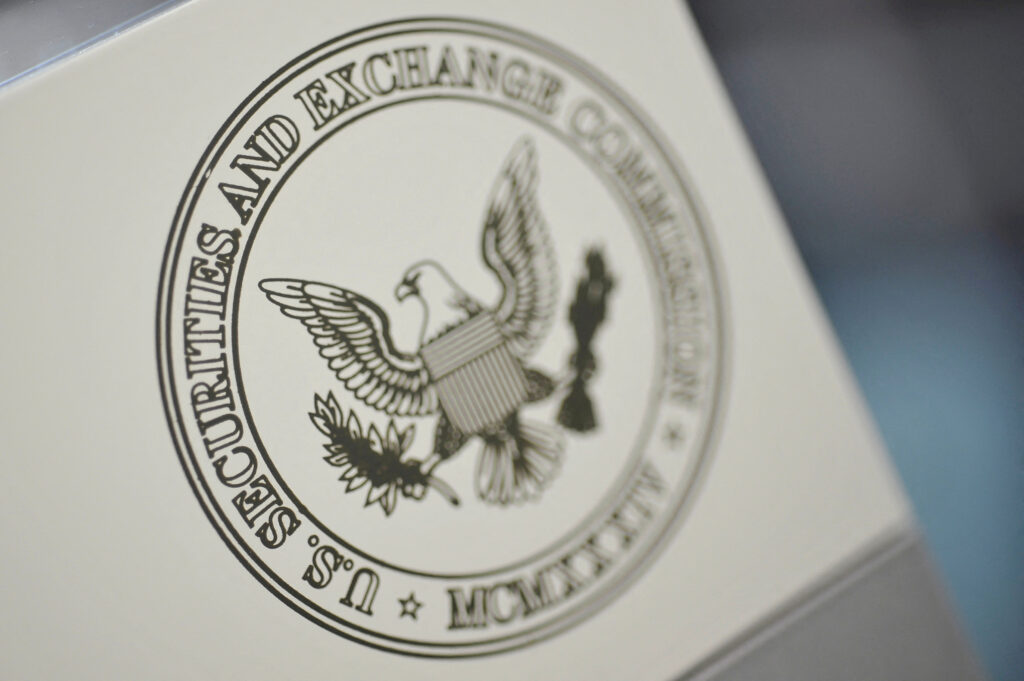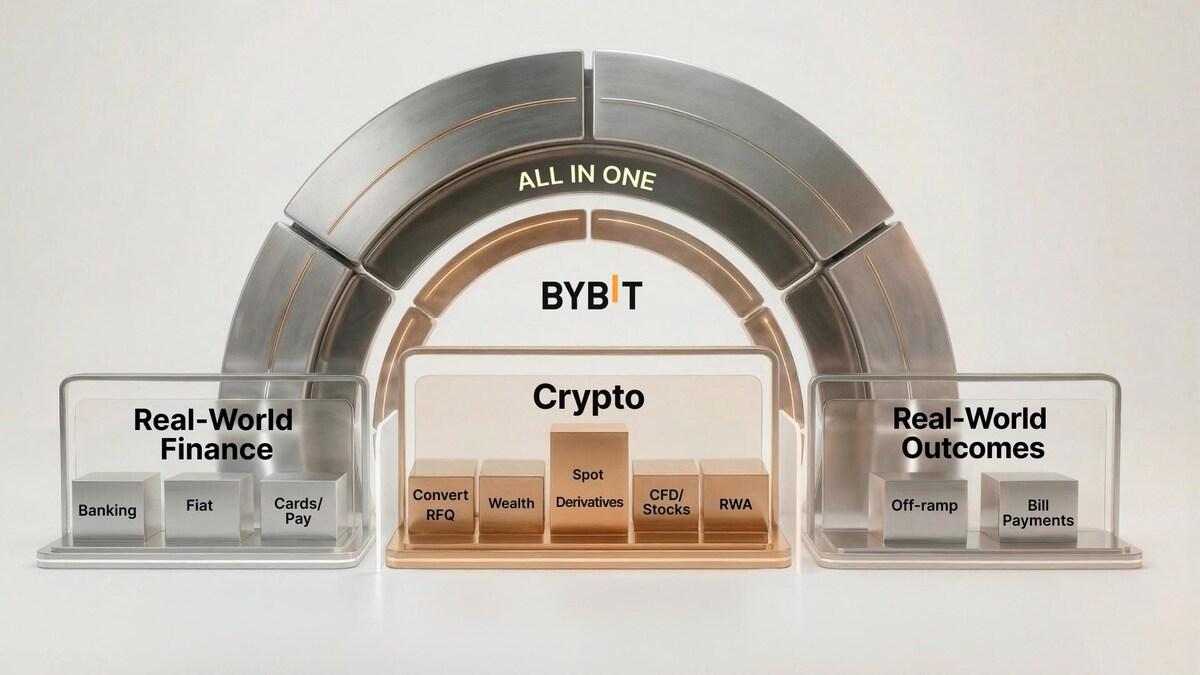Key Points:
- A judge approves the SEC’s request to unseal documents in Binance.US lawsuit, exposing the legal battle’s details.
- The commission accuses Binance.US of violating a consent order by failing to separate assets, systems, and teams from Binance.
- Binance.US defends itself, seeking a protective order to limit sensitive information disclosure.
In a recent development, a judge has granted approval for the U.S. Securities and Exchange Commission (SEC) to unseal previously confidential documents in the ongoing lawsuit against Binance.US, the American subsidiary of the global cryptocurrency exchange, Binance.

The SEC initiated legal action against Binance.US, accusing it of violating a consent order issued in the past. At the heart of the matter lies the alleged failure of Binance.US to comply with the consent order’s terms, particularly regarding the separation of assets, systems, and teams from its parent company, Binance.
The commission has expressed concerns about the lack of cooperation from BAM Management and BAM Trading, the entities behind Binance.US. It argues that Ceffu, formerly known as Binance Custody, continues to act as the custodian for both Binance and Binance.US, a violation of the consent order that led to legal action.
Binance.US has vigorously defended itself, claiming that the SEC’s requests are overly broad and burdensome. To protect sensitive information during the lawsuit, Binance.US has sought a protective order, aiming to limit the disclosure of certain confidential and proprietary data.
Previously, the agency filed a “motion to unseal,” revealing confidential documents. Both parties have also agreed to make specific documents public, particularly those related to the SEC’s motion to compel discovery requests.
This legal battle between the SEC and Binance.US continues to unfold, with the unsealing of documents shedding light on the intricacies of the case.
DISCLAIMER: The information on this website is provided as general market commentary and does not constitute investment advice. We encourage you to do your own research before investing.






















